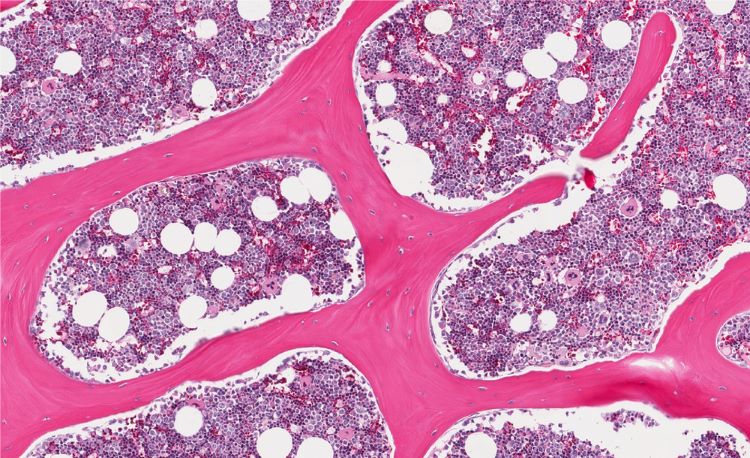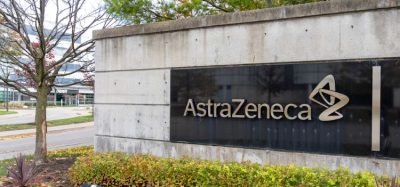First real-world study reveals encouraging efficacy for cell therapy
Posted: 7 October 2024 | Catherine Eckford (European Pharmaceutical Review) | No comments yet
More than half of the multiple myeloma patients included in this study would have been ineligible for the Phase II CARTITUDE-1 clinical trial, research reports.


New results from a first-of-its-kind study reports that a CAR-T cell therapy provided similar efficacy and safety to relapsed or refractory multiple myeloma patients administered with the treatment in clinical trials. For example, of the 236 patients who received infusions of ciltacabtagene autoleucel (cilta-cel), data shows that 89 percent responded to the treatment. Furthermore, 70 percent of these patients had a complete response.
These findings have been published in the journal Blood.
Researchers from this first real-world study of the cell therapy explained that outcomes are comparable to the results of the CARTITUDE-1 trial. Data from this Phase II supported US Food and Drug Administration (FDA) approval: a 98 percent response rate and an 83 percent complete response rate.
First real-world study of cilta-cel
we saw very high response rates [in patients given cilta-cel] that appeared to be durable, despite over half of the patients not meeting [the trial’s] eligibility criteria”
Notably, in the new cilta-cel study, “we saw very high response rates that appeared to be durable, despite over half of the patients not meeting [the trial’s] eligibility criteria. The response rates and time until progression of myeloma or death due to any reason was within the range of results observed in the clinical trial,” explained Dr Surbhi Sidana, the study’s lead author and associate professor at Stanford University School of Medicine.
Assessment of the outcomes of several subgroups in this study revealed a higher response rate to the cell therapy (94 percent experience a response overall and 76 percent had a complete response) in those given the CAR T-cell product within the range determined by the US FDA. This was a compared to one-fifth of patients whose CAR T cells did not fully match the quality standards required by the US regulatory agency, the researchers added.
Overall, rates of serious side effects of cilta-cel were similar to those reported in previous clinical trials, according to findings from the real-word study.
Conclusion
However, it is important to note, according to the researchers, that “as a retrospective, real-world study, it did not include a control group and there may have been discrepancies in outcomes assessment and reported from the centres that contributed data”.
As such, additional studies of the cell therapy could give further insights including “whether using cilta-cel earlier during cancer treatment could help to lower the risk of toxicity”.
Related topics
Anti-Cancer Therapeutics, Biopharmaceuticals, Clinical Development, Clinical Trials, Data Analysis, Drug Development, Drug Safety, Industry Insight, Research & Development (R&D), Technology, Therapeutics
Related drugs
CAR T-cell therapy, cell therapy, Ciltacabtagene autoleucel (cilta-cel)








